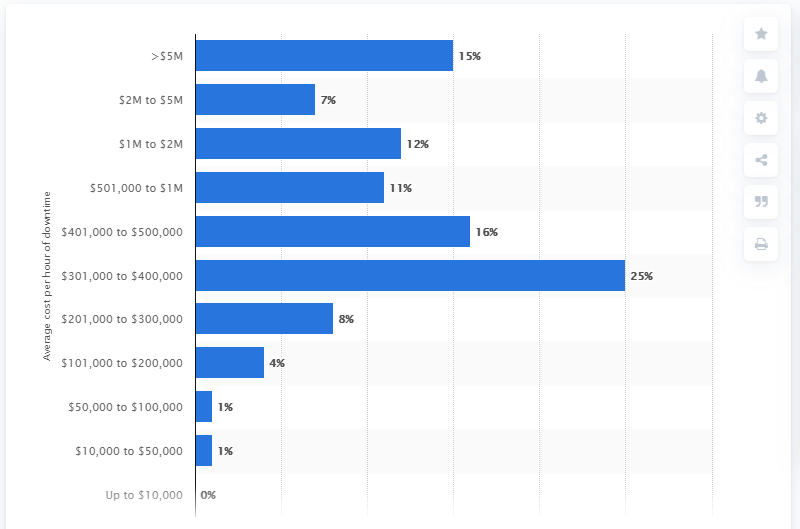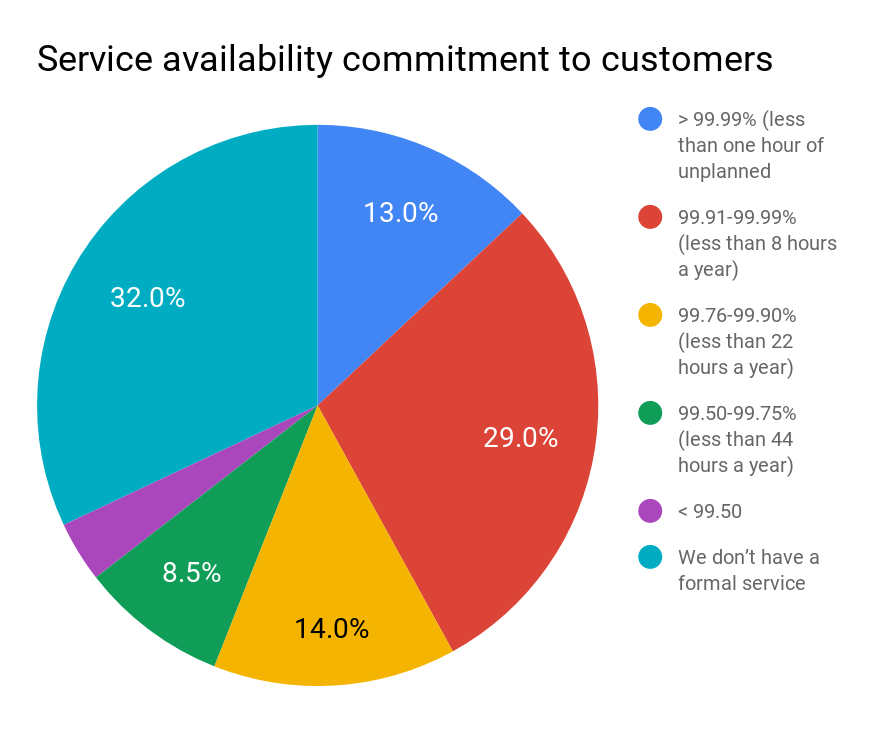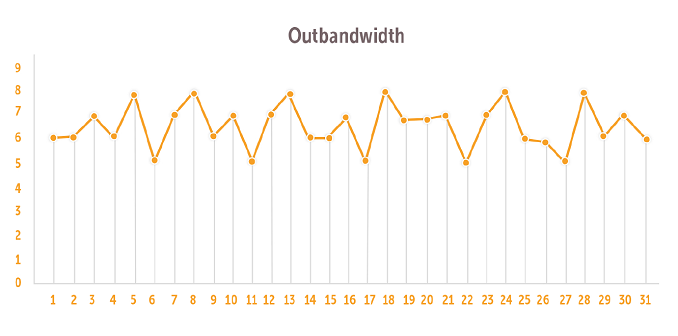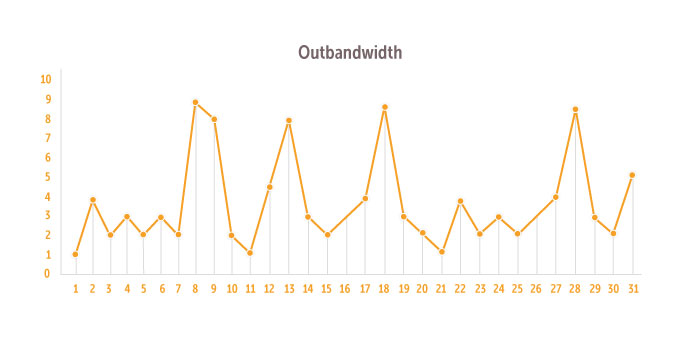Alibaba Cloud is at the forefront of innovation. Right from launching innovative products to bringing industry-specific solutions, Alibaba Cloud ensures providing a second to none customer experience.
In fact, Alibaba Cloud is the first cloud provider to offer 99.975% SLA for single instance and network by fixed bandwidth. In this article, we will deep dive into how Alibaba Cloud is setting benchmarks with its new and upgraded Service Level Agreement and payment methods.
In business, Service Level Agreements (SLAs) play a critical role and organizations assess the cloud service providers against various service-based SLAs. Service availability or uptime is a key performance indicator for organizations availing IT services as it eventually determines their service or application downtime.
Service availability is usually expressed as a percentage of uptime for a given period. According to industry standards, service providers must ensure 99.999% availability. However, in reality, things are not that bright as many service providers struggle to adhere to the industry standards. Consequences seem rather grim if you look at the actual numbers, as even service providers ensuring 99% availability leave customers to struggle with downtime for a considerable time. The following table reflects how critical the actual downtime numbers are.
| Uptime Percentage | Average Annual Downtime |
| 99% | 87.66 hours |
| 99.9% | 8.76 hours |
| 99.99% | 52 minutes |
| 99.999% | 5.25 minutes |
Let's take a look at primary costs that businesses occur due to a service outage. According to the 2019 Statista Survey, 25% of global respondents reported the average hourly downtime cost between $301,000 and $400,000.

Organizations facing availability issues are losing business value as downtime results in several costs.
A recent survey from Continuity Software unveiled that 32% of the organizations don't have formal service availability commitment to customers

Now let's find out how Alibaba Cloud is working towards improving service availability at minimum cost.
Alibaba Cloud ECS now offers an all-new service-level agreement as Alibaba Cloud believes "Every Instance Matters". While before 1st December 2019, Alibaba Cloud provided 99.95% monthly uptime for single instance and 99.99% monthly uptime for multi-zone instance, after 1st December 2019, Alibaba Cloud is committed to offering minimum unavailability. With an aim to offer unparalleled customer experience and industry-leading SLAs, Alibaba Cloud now offers 99.975% monthly uptime for single instance and 99.995% monthly uptime of multi-zone instance. Moreover, Alibaba Cloud also offers minimum unavailability commitment.
The announcement of the new SLA is supported by the launch of a 12-month ECS free trial plan for small-to medium-sized enterprises (SMEs) to help them migrate to the cloud at no cost.
Apart from availability leadership, Alibaba Cloud also adds a new feature to Pay-by-Bandwidth. Let's understand both the payment methods to differentiate the benefits of the newly added feature:
In this method, the fee is charged by the traffic usage. You can just set a peak value for the outbound bandwidth and circumvent any excessive fees due to traffic bursts. Alibaba Cloud only charges fees for outbound traffic usage, which is calculated on an hourly basis, and the billing unit is USD/GB.

In this case, the fee will be charged by the bandwidth that you specify. In actual scenarios, the outbound bandwidth will not surpass the specified value.

Alibaba ECS is a high-performance and scalable IaaS service that offers virtual cloud servers with fast memory and latest intel CPUs. With the enhanced SSD support (ESSD), Alibaba Cloud ECS offers optimized storage performance for instances. Compared to SSD, ESSD provides better performance for scenarios that require low latency and high throughput. Unlike traditional hardware, companies can deploy ECS instance in just a few clicks. IT teams can scale it up or down depending on the real-time needs. ECS offers flexible payment methods to ensure there is cost-efficiency for businesses. With ECS, businesses no longer need to invest to procure expensive hardware or build a huge network team.
Learn more about Alibaba Cloud Elastic Compute Service, and experience various ways to get the maximum benefit from our cloud solutions.
Why Cainiao's Special and How Its Elastic Scheduling System Works

2,593 posts | 792 followers
FollowAlibaba Clouder - January 2, 2020
Alibaba Clouder - July 29, 2020
zcm_cathy - December 7, 2020
Alibaba Clouder - December 23, 2019
JDP - August 12, 2021
crane.dong - May 6, 2021

2,593 posts | 792 followers
Follow ECS(Elastic Compute Service)
ECS(Elastic Compute Service)
Elastic and secure virtual cloud servers to cater all your cloud hosting needs.
Learn MoreLearn More
 Free Trial
Free Trial
Experience Alibaba Cloud products in Cloud Computing, Storage, Networking, Security, Big Data, and Artificial Intelligence.
Learn MoreMore Posts by Alibaba Clouder